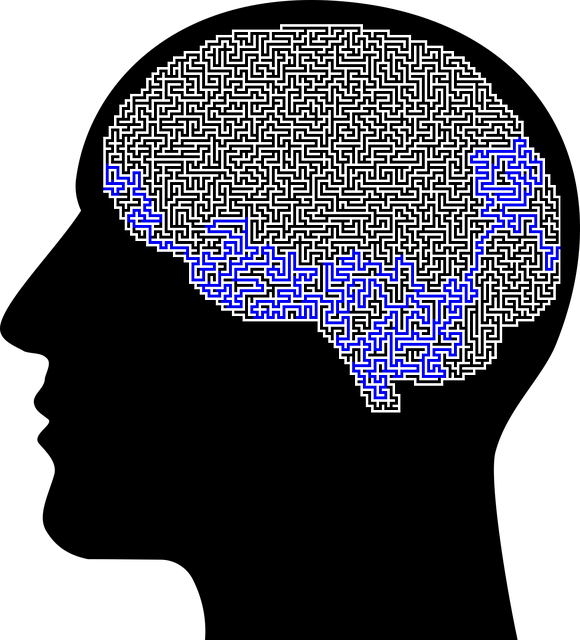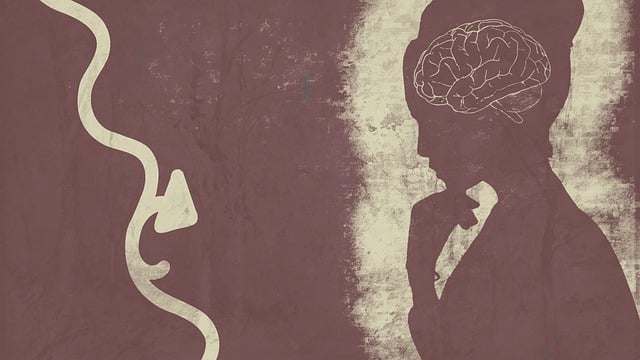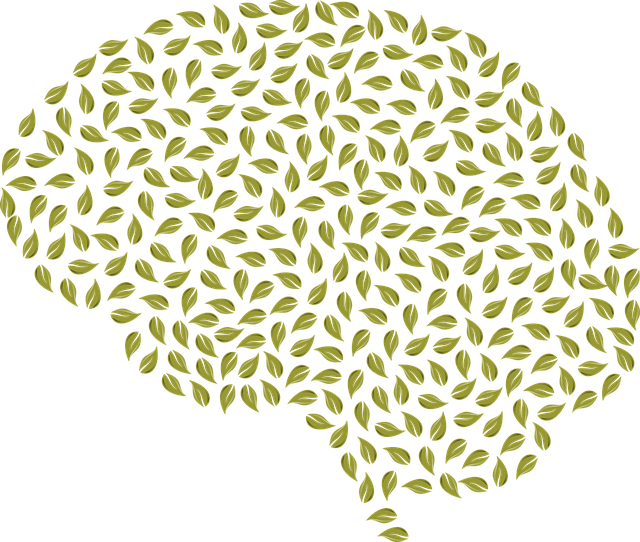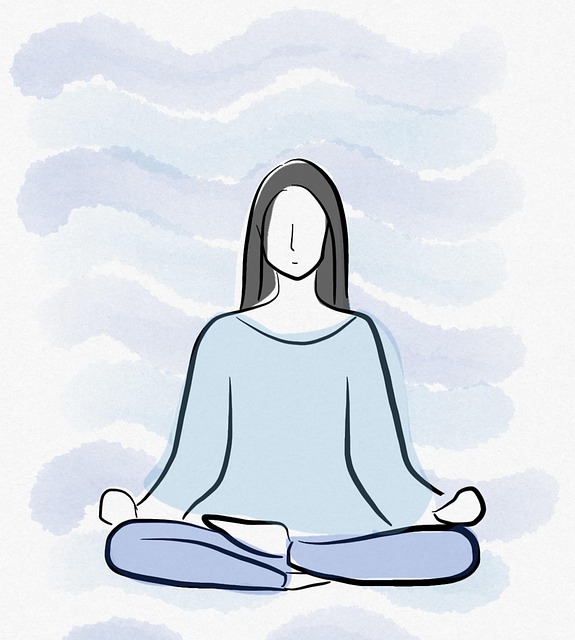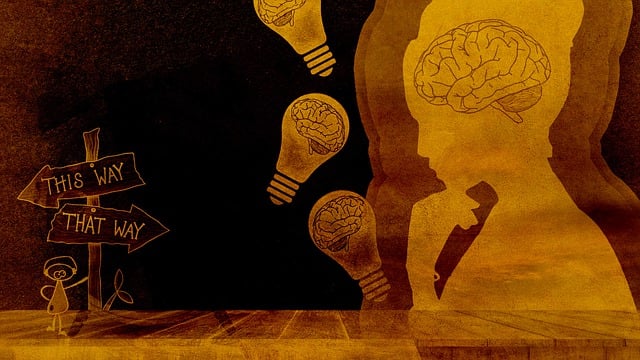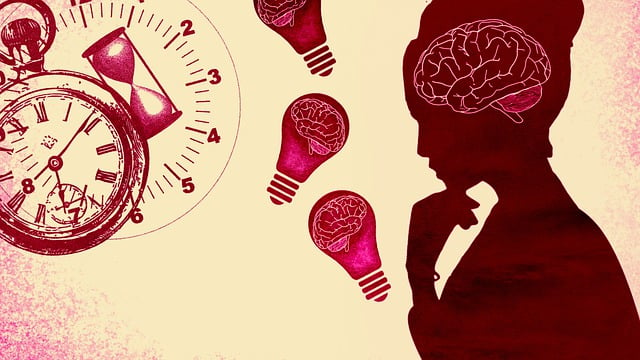Aurora cancer survivorship emphasizes holistic self-care, including mindfulness, meditation, nutrition, and exercise, for physical, emotional, and mental well-being. Mental Health Education Programs equip survivors with coping strategies, stress management skills, and emotional regulation techniques through Aurora Cancer Issues Therapy. Social skills training and dedicated meditation sessions strengthen support networks and promote emotional healing. Reconnecting with loved ones or forming new support groups is crucial for post-treatment self-care, fostering healthier social interactions guided by mental health professionals tailored to Aurora Cancer Issues Therapy survivors' unique needs.
“Enhancing self-care practices is a pivotal aspect of cancer survivors’ journey towards holistic well-being. This article explores the profound impact of self-care on cancer survivors, focusing on the unique context of Aurora Cancer Issues Therapy. We delve into evidence-based strategies, such as mindfulness and meditation, nutrition and exercise, and social connection, providing valuable insights for a comprehensive approach to post-treatment recovery. By understanding these components, survivors can navigate their path to improved mental and physical health.”
- Understanding Self-Care and Its Impact on Cancer Survivors
- The Role of Mindfulness and Meditation in Aurora Cancer Issues Therapy
- Nutrition and Exercise: Building Blocks for Holistic Well-being
- Social Connection and Support Networks: Overcoming Isolation Post-Cancer Treatment
Understanding Self-Care and Its Impact on Cancer Survivors

Self-care is an essential aspect of cancer survivorship, often overlooked yet significantly impactful on overall well-being. It involves activities that individuals engage in to maintain or improve their physical, emotional, and mental health post-cancer treatment. For Aurora cancer survivors, understanding and prioritizing self-care can be transformative. This journey towards self-healing is not merely about physical recovery but also nurturing the mind and spirit, which are equally vital components of a person’s overall health.
The impact of effective self-care practices among cancer survivors is profound. It enhances their ability to cope with the challenges that arise from the disease and its treatment. Mental Health Education Programs Design can play a crucial role in empowering survivors to take charge of their well-being. Through such programs, individuals learn valuable skills for stress management, emotional regulation, and building inner strength (Mental Health Policy Analysis and Advocacy). By focusing on self-care, Aurora cancer survivors can transform their lives, fostering resilience and a deeper appreciation for life after cancer.
The Role of Mindfulness and Meditation in Aurora Cancer Issues Therapy

Mindfulness and meditation have emerged as powerful tools within the realm of Aurora Cancer Issues Therapy, offering a holistic approach to supporting individuals navigating cancer’s emotional landscape. These practices encourage patients to focus on the present moment, fostering a sense of calm and clarity amidst the challenges they face. By cultivating awareness of thoughts and emotions without judgment, individuals can develop greater resilience and emotional healing processes.
Incorporating mindfulness into daily routines, such as Self-Care Routine Development for Better Mental Health, can significantly enhance one’s ability to cope with stress and anxiety. Social Skills Training, often integrated into therapy sessions, complements these practices by teaching effective communication strategies and fostering connections with others, thereby strengthening support networks crucial for emotional healing. Through dedicated meditation, patients can explore their feelings, process trauma, and promote overall well-being, ultimately enhancing their journey through Aurora Cancer Issues Therapy.
Nutrition and Exercise: Building Blocks for Holistic Well-being

Nutrition and exercise are fundamental pillars supporting holistic well-being, especially for individuals navigating Aurora cancer issues through therapy. A balanced diet rich in nutrients strengthens the body’s natural defense mechanisms, aiding in cancer treatment effectiveness and recovery. Incorporating regular physical activity, tailored to individual capabilities, enhances overall health, boosts mood, and improves sleep quality—crucial aspects of stress management.
Empathy-building strategies among mental health professionals are essential in this context. Understanding the patient’s journey, incorporating their preferences into nutrition and exercise plans, and providing a supportive environment can significantly impact adherence to self-care practices. Regular risk assessments for mental health professionals ensure they remain equipped with the latest research on stress management techniques, thereby facilitating more effective support for patients undergoing cancer therapy.
Social Connection and Support Networks: Overcoming Isolation Post-Cancer Treatment

After completing cancer treatment, many individuals experience a sense of isolation and disconnection from their former social circles. This can be attributed to the physical and emotional toll of the disease and subsequent therapy, which may have disrupted established relationships. The importance of social connection cannot be overstated, especially for those facing the complex journey of Aurora cancer issues therapy. Reconnecting with friends and family or building new support networks is a crucial aspect of post-treatment self-care.
Mindfulness meditation and resilience-building techniques can play a pivotal role in fostering healthy relationships. These practices help individuals process their experiences, manage stress, and enhance emotional well-being, making it easier to engage in social interactions. Moreover, participating in support groups or seeking therapy from mental health professionals can provide a safe space to discuss concerns related to cancer and offer valuable guidance on navigating social challenges. By addressing these aspects, survivors can overcome feelings of isolation and build a robust support system tailored to their unique needs.
Self-care is a transformative journey essential for cancer survivors’ holistic well-being. By integrating practices like mindfulness, nutrition, exercise, and social connection, as highlighted by the Aurora Cancer Issues Therapy approach, individuals can reclaim their lives post-treatment. These strategies empower survivors to navigate challenges, foster resilience, and enhance overall quality of life. Adopting a comprehensive self-care routine allows for healing not just of the body but also of the mind and spirit, ensuring a brighter and more balanced future.



